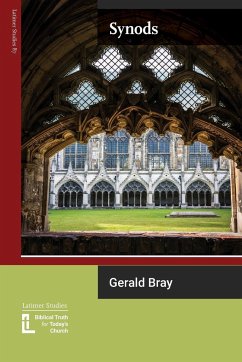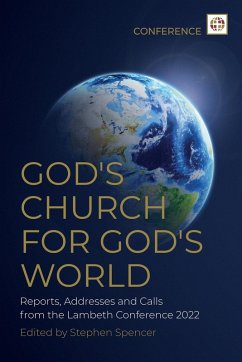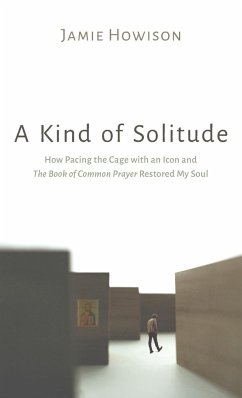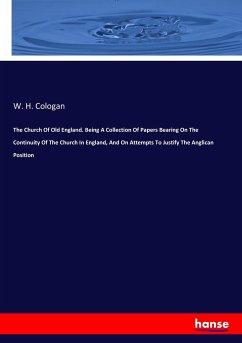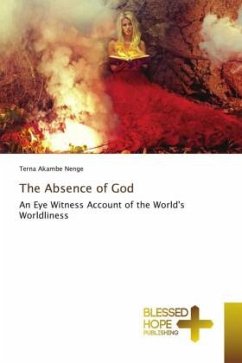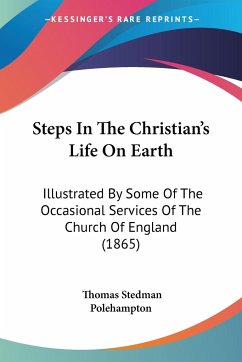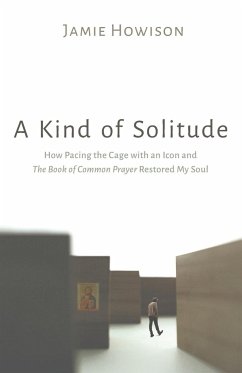Synods are gatherings of church officers that convene for the purpose of deliberating what church policy should be. Their agenda may include resolving disputes that have arisen as well, as making plans for the future development of the life of the church. They are typically representative bodies, though who they represent varies from time to time and from church to church. They have been held from the very earliest days of Christianity, and for many centuries they were understood to be assemblies of bishops. That is still the case in the Roman Catholic and Eastern Orthodox churches, but Anglican practice is much broader in scope, including clergy and laity as well. Modern synods also meet on a regular basis and operate according to a fixed constitution. They share some features in common with those of other times and places, but they are not direct descendants of any particular ancient tradition. There is no form of Anglican synodical government beyond the level of the national church, a fact that has become increasingly problematic in the worldwide Anglican Communion. Reform of the national synodical structure and the development of an effective form of synodical government that will be regarded as authoritative by the entire Communion are the greatest challenges we face today and it is these that this essay seeks to address.
Hinweis: Dieser Artikel kann nur an eine deutsche Lieferadresse ausgeliefert werden.
Hinweis: Dieser Artikel kann nur an eine deutsche Lieferadresse ausgeliefert werden.

